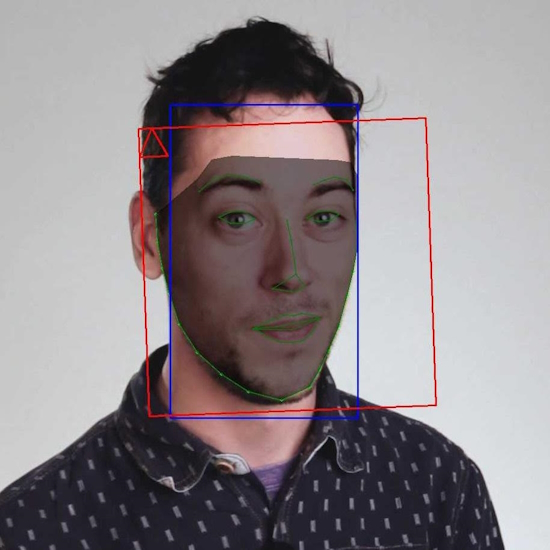Call for Applications
Postdoctoral position in computer science at the Brest National School (ENIB) of Engineers and Lab-STICC(CNRS) – Brest, France
Starting date: September or October 2023
Keywords: Human-Machine interaction, Artificial Intelligence, Virtual Reality
Duration: 24 months
https://www.enib.fr/~deloor/postdocposition/postDoctoralPositionENIB_EnglishVersion.pdf
Application deadline: [Not provided; posted June 14, 2023]
CONTEXT: ENIB and Lab-STICC
The Brest National School (ENIB) of Engineers operates under the supervision of the Ministry of Higher Education. The institution is affiliated with the Mines Télécom Institute and is a founding member of the Alliance Universitaire de Bretagne. The facility is located in the BrestIroise technology park, near the ocean. The pedagogical team consists of around sixty full-time teachers. There are about 850 students in all.
The ENIB provides a five-year training program for general system engineers in the fields of electronics, information technology, and mechatronics. The lessons provided are geared towards the industrial world through numerous internships, as well as the establishment’s research activities.… read more. “Job: Postdoc position in HCI, AI, VR at ENIB/Lab-STICC in Brest, France”



